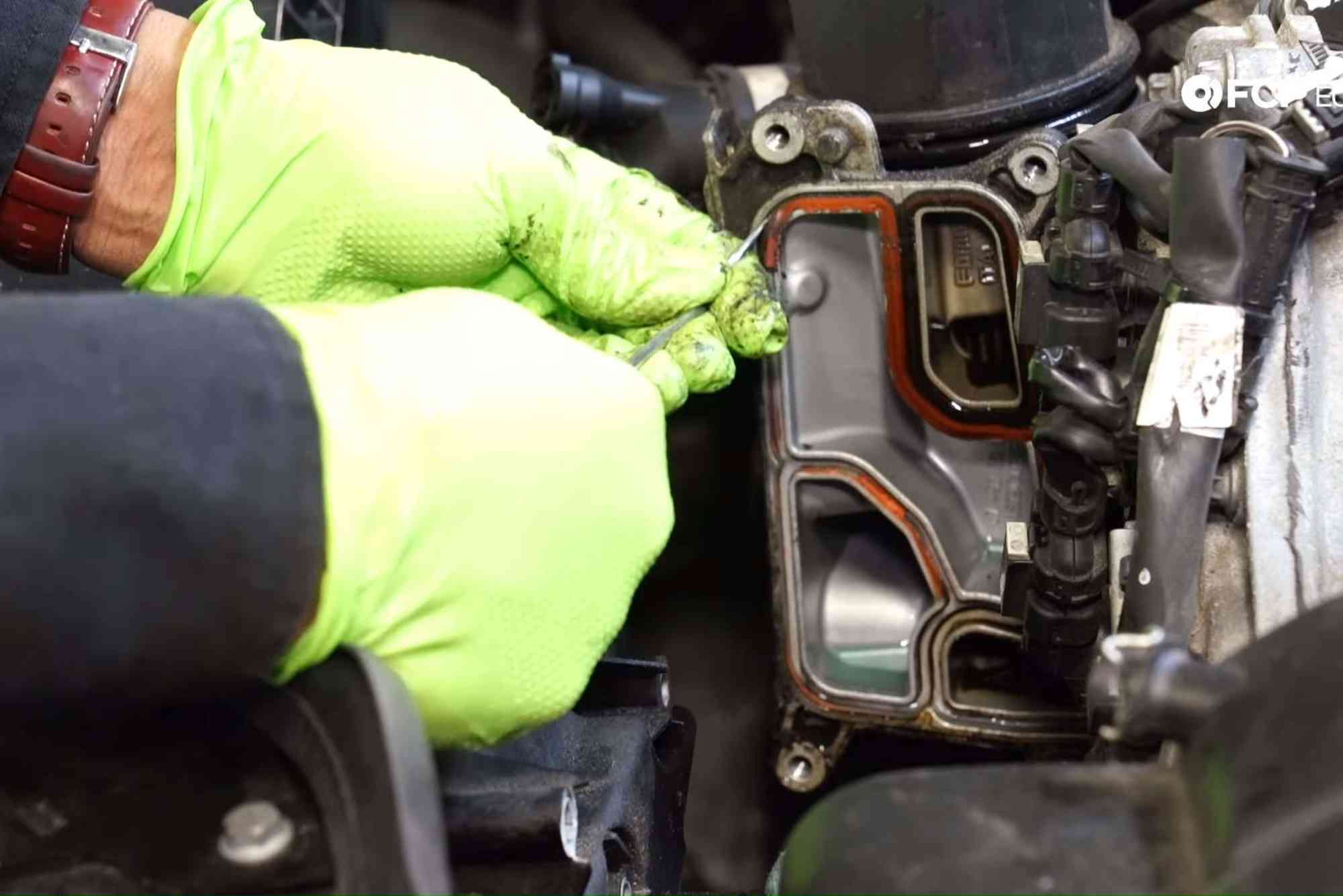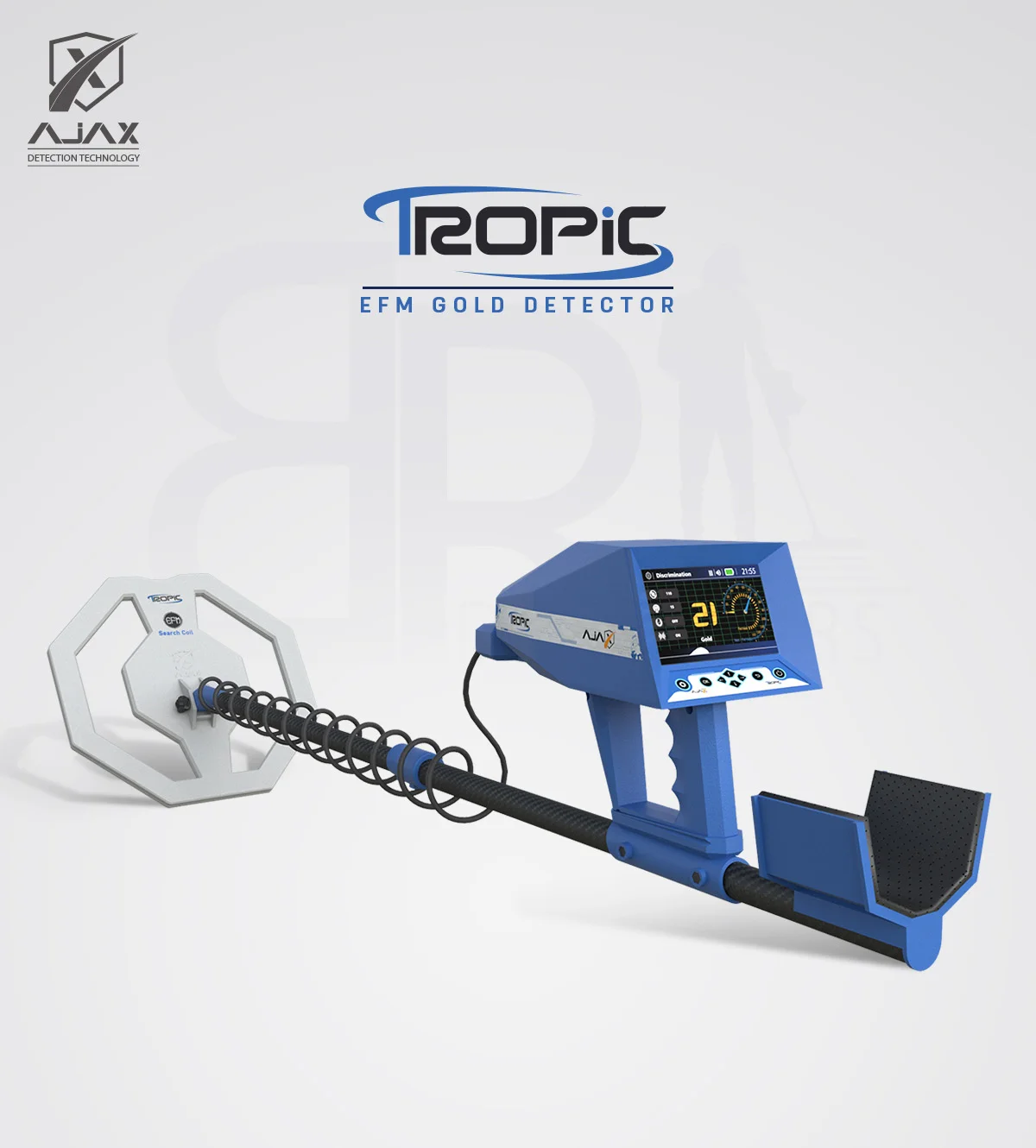Mercedes Benz E350 Oil Leak: Causes, Fixes, and Prevention
Owning a Mercedes Benz E350 is a testament to luxury and performance, but even the most refined vehicles can encounter mechanical issues. One common concern among E350 owners is an oil leak. Addressing a Mercedes Benz E350 oil leak promptly is essential to avoid engine damage and maintain your car’s performance.
Understanding the Importance of Oil Maintenance
Engine oil is the lifeblood of your Mercedes E350. It lubricates engine components, reduces friction, and prevents overheating. An oil leak compromises these functions, potentially causing severe engine damage if ignored. Even minor leaks can lead to low oil levels, which over time, may affect engine performance and longevity. Regular inspection and maintenance are key to catching oil leaks early.
Common Causes of Mercedes Benz E350 Oil Leaks
Several factors can contribute to an oil leak in a Mercedes E350. Identifying the root cause is crucial for proper repair.
Worn or Damaged Gaskets and Seals
Gaskets and seals create airtight connections between engine components. Over time, exposure to heat and pressure can cause them to deteriorate. The most common culprits in the E350 include the valve cover gasket, oil pan gasket, and rear main seal. When these parts fail, oil can seep out and leave noticeable stains under your vehicle.
Faulty Oil Filter or Improper Installation
The oil filter removes contaminants from engine oil. If the filter is damaged, improperly installed, or the gasket is compromised, oil can leak around the filter housing. Ensuring the correct filter type and proper installation prevents this common source of leaks.
Cracked or Damaged Oil Pan
The oil pan sits at the bottom of the engine and holds oil. Road debris, accidents, or manufacturing defects can cause cracks or punctures. Even a small crack may result in a slow leak, which can go unnoticed until it affects oil levels significantly.
Loose or Damaged Drain Plug
During routine oil changes, the drain plug is removed and reinstalled. If it is over-tightened, cross-threaded, or the gasket is worn, oil may leak from the plug. Checking the drain plug and replacing its washer as needed is a simple but often overlooked solution.
Engine Wear and Pressure Issues
Over time, worn engine components can increase internal pressure, forcing oil past seals and gaskets. Problems like worn piston rings or a clogged PCV valve can exacerbate this issue. Maintaining engine health with regular oil changes and inspections reduces the likelihood of pressure-related leaks.
How to Diagnose an Oil Leak in Your E350
Proper diagnosis helps determine the severity and location of the leak.
Visual Inspection
Start by checking the engine bay and undercarriage for oil stains or wet spots. A flashlight can help spot slow leaks. Pay attention to the valve cover, oil pan, and around the oil filter.
Use of UV Dye
Adding a UV-sensitive dye to your engine oil allows you to trace leaks with a UV light. This method is effective for detecting leaks that are otherwise hard to locate.
Monitoring Oil Levels
Regularly checking your oil level can indicate a slow leak. If oil levels drop consistently between changes, it’s a sign that the vehicle requires further inspection.
Professional Diagnostics
Sometimes leaks are not easily visible. A certified Mercedes mechanic can perform pressure tests and detailed inspections to pinpoint the source accurately.
Effective Fixes for Mercedes Benz E350 Oil Leaks
Once the leak is identified, addressing it promptly is crucial to prevent further engine damage.
Replacing Faulty Gaskets and Seals
Replacing worn valve cover gaskets, oil pan gaskets, or rear main seals can resolve most leaks. Always use OEM parts to ensure proper fit and long-term reliability.
Oil Filter and Drain Plug Maintenance
Replacing the oil filter and its gasket during each oil change, and ensuring the drain plug is properly tightened with a new washer, prevents many minor leaks.
Repairing or Replacing the Oil Pan
For damaged oil pans, repair options depend on the severity of the crack. Small punctures may be sealed professionally, but larger damage often requires replacement to ensure a secure, leak-free fit.
Addressing Engine Pressure Issues
If high engine pressure is causing oil to bypass seals, addressing the underlying problem is essential. This may involve replacing the PCV valve, repairing piston rings, or other internal engine repairs. Ignoring pressure-related leaks can lead to major engine damage over time.
Professional Servicing
While some minor leaks can be addressed at home, Mercedes engines are complex. Certified technicians have the tools and expertise to repair leaks efficiently and safely, ensuring no secondary issues arise.
Preventing Future Oil Leaks
Prevention is always better than cure. Regular maintenance helps avoid leaks and prolongs engine life.
Routine Oil Changes
Using the correct oil type and changing it at recommended intervals keeps engine components lubricated and reduces the risk of leaks caused by sludge buildup.
Regular Inspections
Frequent visual checks of gaskets, seals, and the oil pan can catch early signs of leaks. Even minor issues can be addressed before they become costly repairs.
Proper Torque on Components
When replacing oil filters or drain plugs, follow manufacturer torque specifications. Over-tightening or under-tightening can lead to leaks.
Quality Parts and Fluids
Always use high-quality, OEM-approved parts and the correct grade of oil for your E350. Inferior components may fail prematurely, leading to leaks.
Keeping Engine Clean
A clean engine makes it easier to spot leaks and prevents dirt from accelerating gasket wear. Using degreasers and cleaning the engine bay periodically can help maintain overall engine health.
A Mercedes Benz E350 oil leak is a common but manageable issue. Understanding the causes, recognizing early signs, and taking prompt action can save you from expensive repairs and potential engine damage. Regular maintenance, using OEM parts, and inspecting engine components can prevent leaks and maintain your E350’s performance for years. Don’t ignore the signs of an oil leak—address them today to ensure your Mercedes continues to provide luxury and reliability on the road.
FAQs
How Do I Know If My E350 Has an Oil Leak?
Look for puddles under your vehicle, check oil levels regularly, and inspect the engine bay for wet or shiny spots around gaskets, the oil pan, and the oil filter.
Can I Drive My Mercedes E350 With an Oil Leak?
Minor leaks may allow short-term driving, but it’s risky. Low oil levels can damage the engine quickly. Address the leak promptly.
How Much Does It Cost to Fix an E350 Oil Leak?
Repair costs vary based on the leak’s location and severity. Gasket replacements may cost a few hundred dollars, while major engine repairs or oil pan replacements can be significantly higher.
How Often Should I Check for Oil Leaks?
Checking your E350 every month or during routine oil changes is recommended. This proactive approach can prevent serious engine issues.
Are DIY Repairs Safe for Mercedes Oil Leaks?
Minor issues like replacing an oil filter or drain plug washer can be handled by experienced DIYers. Complex gasket or internal engine repairs should be left to professionals.




